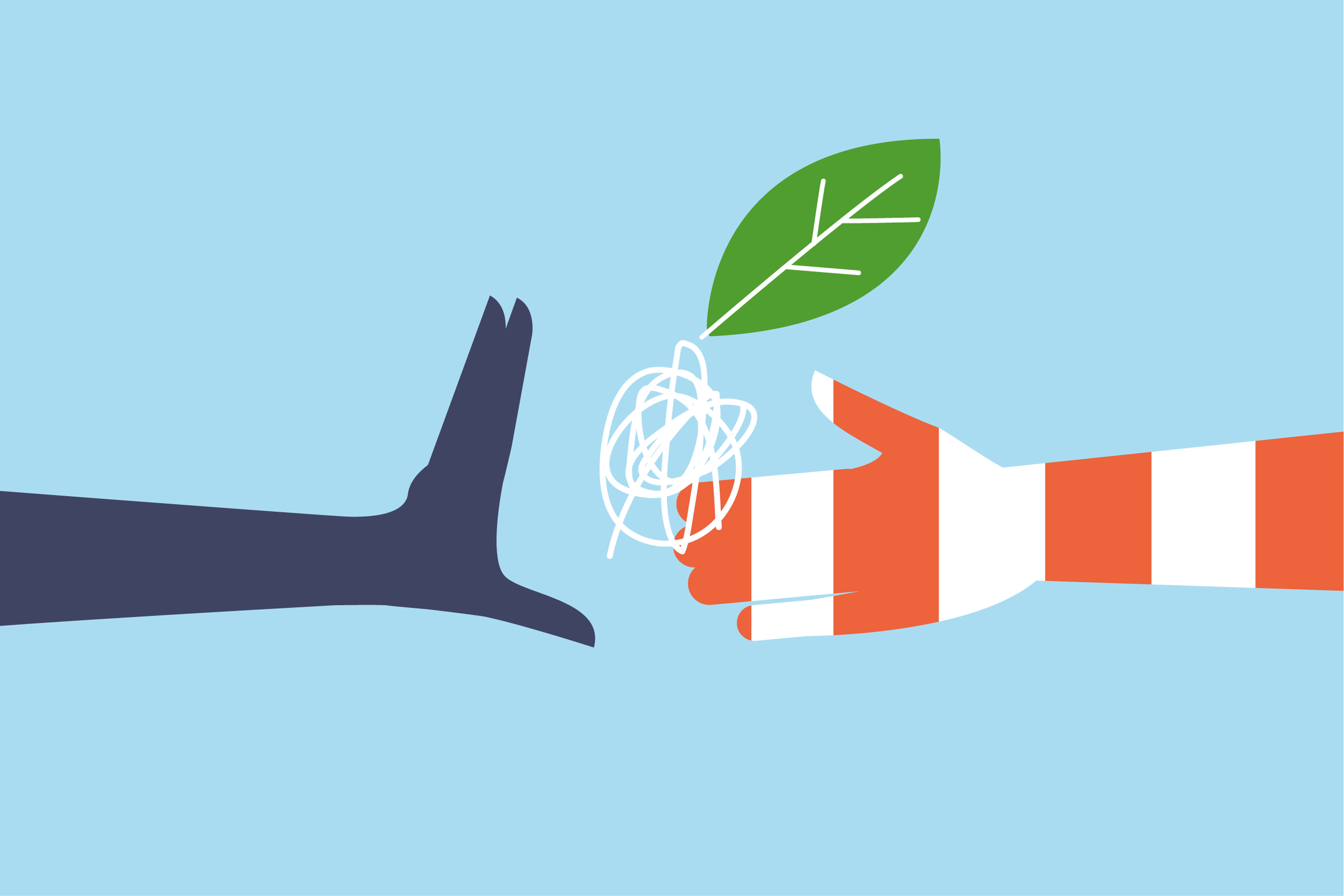Learning Specialist News
BE INVOLVED, BE CONNECTED

Learning Specialist News
BE INVOLVED, BE CONNECTED
Our wellbeing focus this fortnight has been building an understanding of anti-racism and how to be an Upstander in all situations.
At our school, we believe everyone deserves to feel safe, included and respected. One important way we do this is by being Upstanders. But what is an Upstander — and why is it so important?
Racism is when people are treated unfairly or differently because of their race, ethnicity or cultural background. It isn’t just about being unkind it also includes wider patterns of disadvantage and unfairness. We are learning to understand how racism can make people feel, and what to do when we see or hear it. Learning gives us the knowledge to act wisely and kindly.
An Upstander is someone who sees something that isn’t right and chooses to act. They don’t just stand by and watch. Instead, they speak up, offer support, or find a trusted adult to help. An Upstander always acts with kindness, respect and in a calm manner with the aim to support the situation.
To all our students: you make our school what it is a place of learning, friendship and growth. Each of us has the power to help someone else feel welcome and safe. Whether you’re in the yard, in class, online or in the community you can make a difference.
To families and carers: thank you for the support you show at home and in the school community. You model kindness and respect for our children. Please encourage and celebrate when your child shows upstander behaviours these are the qualities that build strong, compassionate communities.